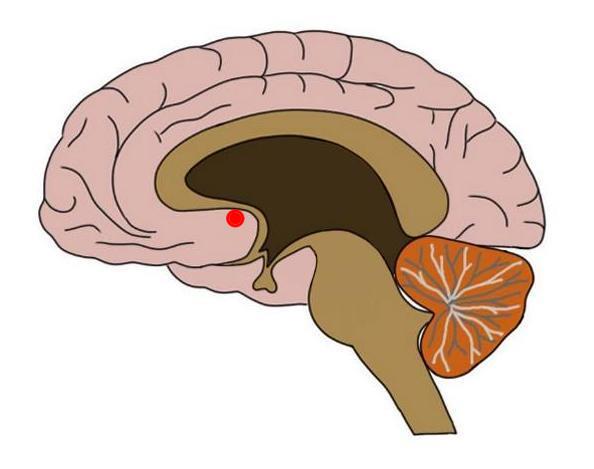True confession time: I don’t like music.
Let me clarify. I don’t hate music, but I don’t love it either. I don’t willingly listen to music and I don’t actively seek it out. Of course, I can’t totally avoid it, but I try. I drive with the radio off and I don’t have any music downloaded on my phone. For years, I have had music forcefully thrust upon me everywhere I go. Seriously! It is everywhere. I have kept quiet about my ambivalence because the few people I have told have reacted like I just confessed to being an alien from the planet Zorbon. Yet it turns out I am not alone. I am, in fact, among the roughly four percent of the population that identifies as having specific musical anhedonia.
Anhedonia is a psychological term applied to people with the inability to experience pleasure from pleasurable stimuli. It is often associated with depression or other types of mental illness. Specific musical anhedonia, however, is not at all connected to mental illness. Instead, it is the term applied to people who are emotionally unmoved by music, but who do feel normal emotional responses to other stimuli, like art or competition or money.
The majority of the population experience involuntary physiological responses when listening to pleasurable music. Pulse rate and blood pressure increases, as does respiration. Stress hormones decrease. The person’s experiences skin conductance, a phenomenon in which the skin becomes a conductor of electricity as a reaction to a stimuli that manifests in chills. The sound of the music may even evoke laughter or tears or awe. For me, and others with specific musical anhedonia, there is no physiological reaction caused by listening to music. We feel….meh.

Recent studies focusing on the neural responses of the brain have determined that the auditory region is linked closely to the nucleus accumbens, an important part of the reward region, in the brains of people who find enjoyment in listening to music. In my brain, and the brains of my fellow musical anhedonists, these two regions don’t interact at all. To further test the neural responses, people with specific musical anhedonia played competitive games and gambled with the opportunity to win money. The brain responded appropriately to these stimuli, proving that the brain’s nucleus accumbens was functioning properly…it just was unaffected by the sound of music.
Researchers have also been able to determine that people with specific musical anhedonia aren’t just musically ignorant or obtuse. I can discern tone and rhythm and melody and I appreciate the artistry and mastery that goes into composing a musical arrangement. The few songs I really like, I like for the lyrics, not the music. It is more the poetic, storytelling quality of the word that I find appealing. Words, I feel, can evoke emotions. Not so with music.
The phenomenon of specific musical anhedonia was uncovered fairly recently. Dr. Robert Zatorre is a neurologist at McGill University in Montreal led a 2014 study that showed that some people have a normal and healthy ability to derive enjoyment from most things, except for music. Zatorre’s research allowed him to interview numerous musical anhedonic people and he found that they are all happily normal. In fact, in his reports, Zatorre is careful not to call specific musical anhedonia a disorder or a condition because, he noted, those terms imply that something is wrong. He believed that specific musical anhedonia should not be looked at as a mental illness. In fact, he found that most of these people, myself included, don’t feel like they are missing out. They are just happy to know they aren’t alone in their silence.
Sources:
Abhat, Divya. “Inside the Heads of People Who Don’t Like Music.” The Atlantic, Atlantic Media Company, 10 Mar. 2017. Web. 3 Feb. 2018.
Dovey, Dana. “What is Musical Anhedonia? The Brains of People Who Can’t Enjoy May Provide Clues About Evolution.” Medical Daily, 17 Nov. 2016. Web. 3 Feb. 2018.
Gregoire, Carolyn. “Not Liking Music is an Actual Neurological Condition.” The Huffington Post. 6 Jan. 2017. Web. 3 Feb. 2018.
“Physical and Emotional Responses to Music.” Music and the Brain. WordPress. 12 Nov. 2012. Web. 3 Feb. 2018.
